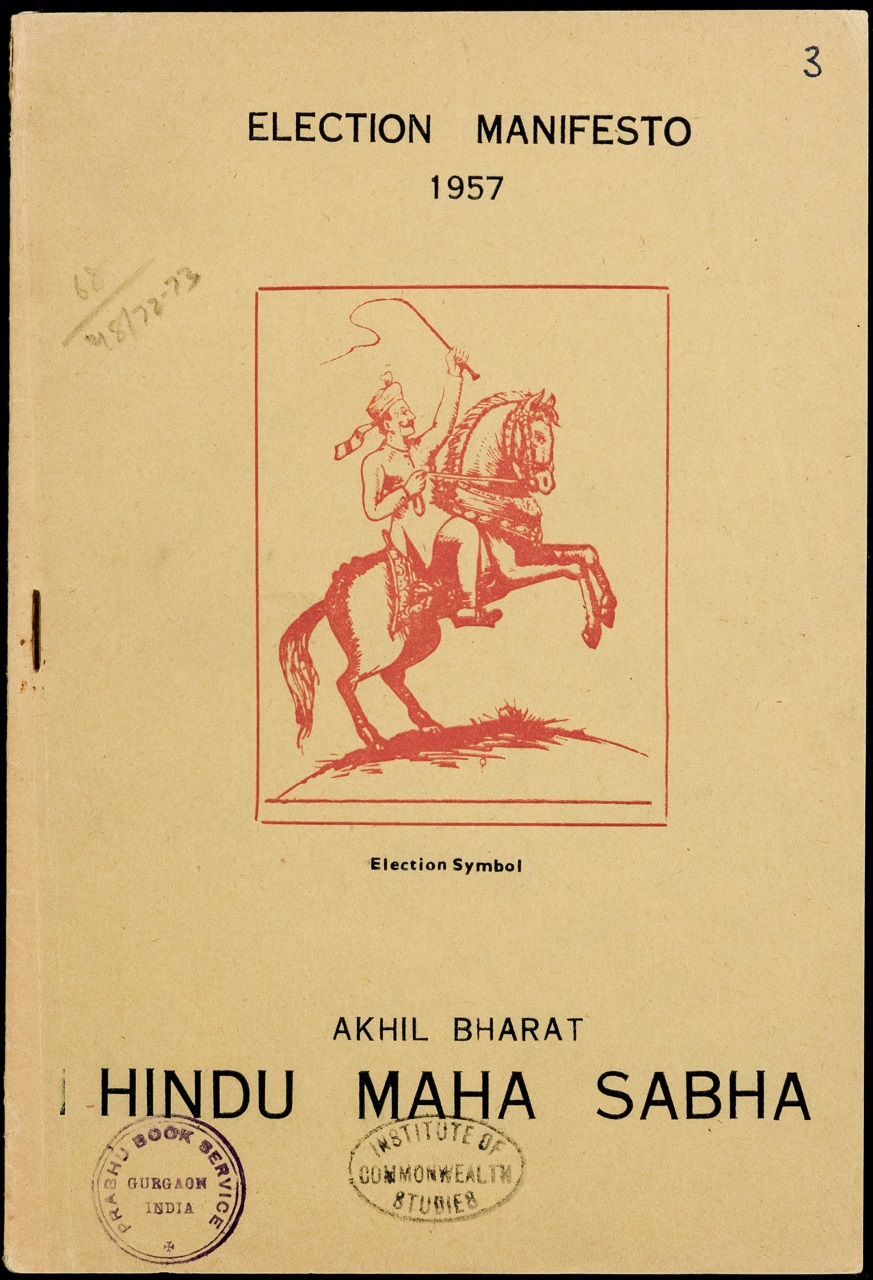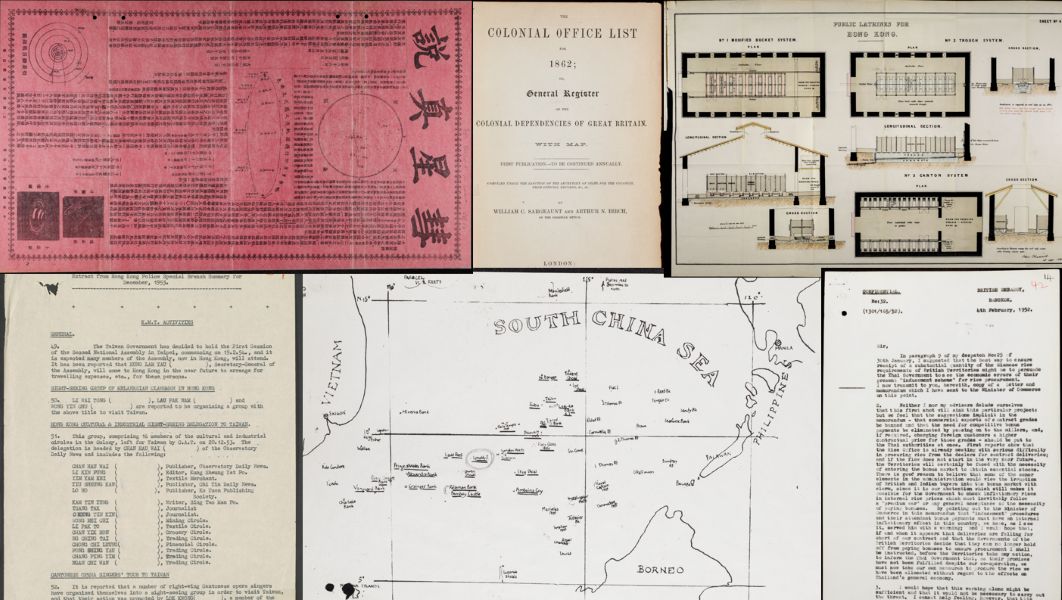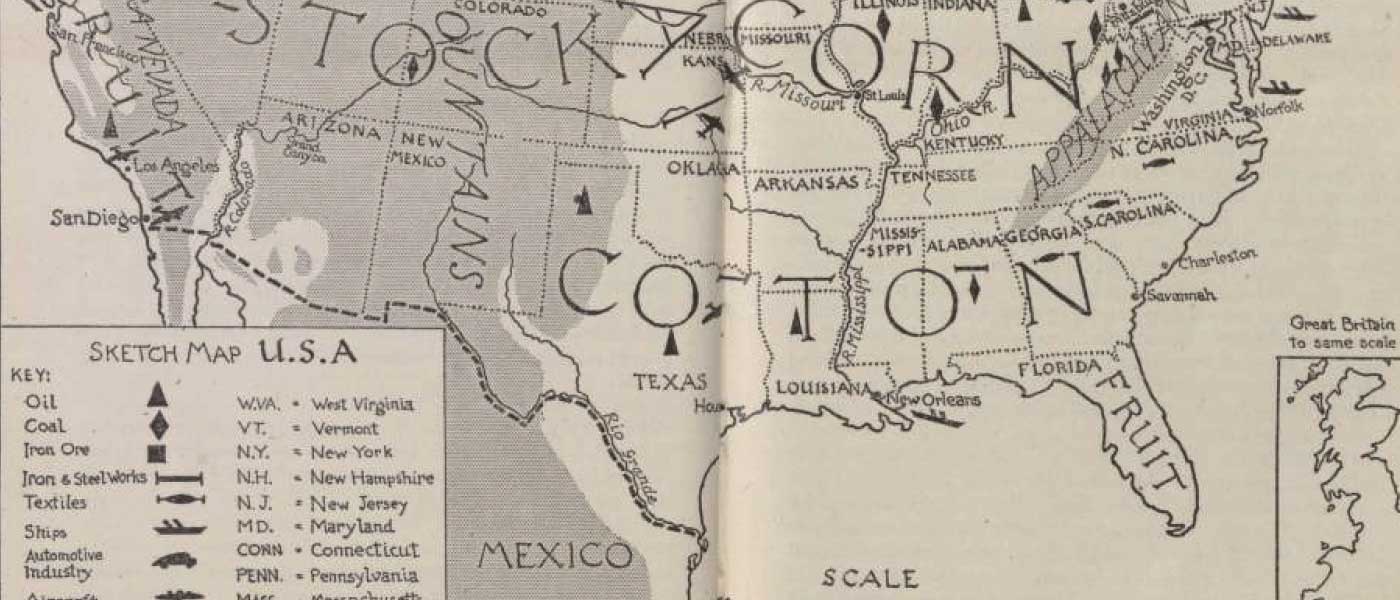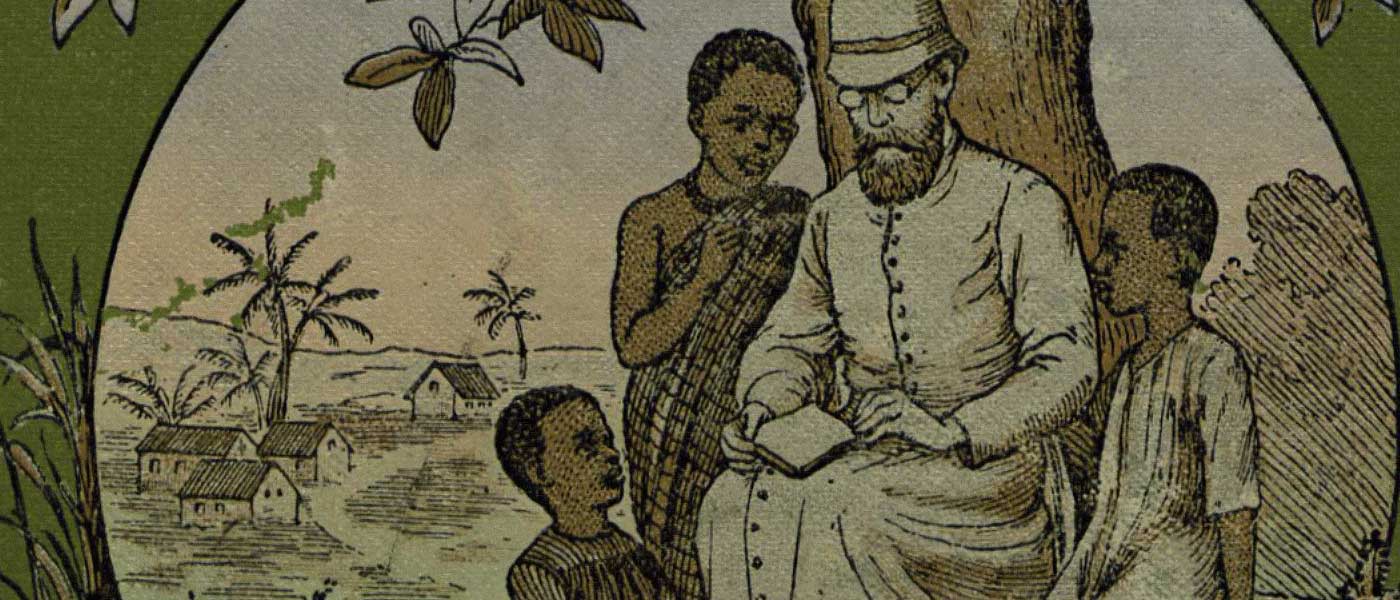First-hand Perspectives from Previously Colonised and Commonwealth Regions.
![]() Decolonization is a 2023 SIIA CODiE award finalist for Best Research Database Solution
Decolonization is a 2023 SIIA CODiE award finalist for Best Research Database Solution
Decolonization: Politics and Independence in Former Colonial and Commonwealth Territories presents political ephemera and organizational material produced in over 70 countries and territories around the world throughout the twentieth century. The collection helps researchers explore decolonization as a historical process, specifically the changing or adapting of systems from an imposed imperial or colonial structure after 1945 and up to the present day. It also sheds light on the politics and processes of national political developments that followed decolonization and through which the former colonies negotiated their own agency and their own futures.
Decolonization: The Politics and Independence in Former Colonial and Commonwealth Territories is integrated into Gale’s cloud-based Text and Data Mining (TDM) environment, Gale Digital Scholar Lab. Researchers are invited to take their digital humanities scholarship on pathways to new discoveries with powerful analytical tools that enable enhanced storytelling through data. The Lab removes barriers to entry for researchers of all skill levels, with accessible, intuitive workflows that help users analyze content regardless of technical experience.
Researchers can draw comparisons between different political movements within newly independent countries and territories in the 1960s and 1970s, alongside Commonwealth territories including Australia and Canada, as well as to compare how and why self-rule developed differently by region. Party and grassroots politics in these regions often took many forms and this collection gives insight into the range of political movements and the individuals who shaped developments in the new systems.
COLLECTIONS INCLUDED
Political Pamphlets from the Institute of Commonwealth Studies
Source: Held at Senate House Library; items gathered by the Institute of Commonwealth Studies
Size: Approximately 200,000 pages
Three Series: Political Parties, Pressure Groups, and Trade Union Movements
Document Types: Ephemera, including pamphlets, manifestos, newsletters, correspondence, posters, and pins
Countries and Territories Represented: 69
The Political Parties material at the Institute of Commonwealth Studies, held at Senate House in the United Kingdom, is composed of three distinct series representing Political Parties, Pressure Groups, and Trade Union Movements in current and former members of the Commonwealth around the world. The wide array of twentieth-century political ephemera includes pamphlets, manifestos, newsletters, correspondence, and posters and pins from over 60 countries and territories in Africa, Asia, the Caribbean, Oceania, and the Middle East. The majority of the material dates from the 1960s and 1970s and contains particularly strong coverage from Australia, New Zealand, India, South Africa, and Canada.
Marjorie Nicholson Papers from the Trades Union Congress Library
Source: Trades Union Congress Library at London Metropolitan University
Size: Approximately 40,000 pages
This collection documents the work of the Trades Union Congress International Division, including subject files on:
• Trades Union Congress organization, 1916–1944
• The Co-Operative Movement in the United Kingdom and the Commonwealth, 1952–1991
• Colonial welfare and development, 1929–1946
• Forced labour, 1953–1989
• India, 1926–1973
• Africa, particularly the Trades Union Movement and Pan-Africanism, 1949–1984, and individual African countries, including Ghana, Nigeria, Tanzania, Kenya, Uganda, South Africa, and Rhodesia/Zimbabwe
• The Caribbean, 1926–1978, particularly Jamaica, Barbados, Trinidad,
and Guyana
Papers of African Trade Unions, Nuffield College, University of Oxford
Source: Nuffield College, University of Oxford
Size: 9,000 pages
Date Range: 1949–1969
Document Types: Constitutions, published material, press cuttings and statements, government legislation, manifestos, and speeches
Countries and Territories Represented: Ghana, Nigeria, The Gambia, Guinea, Kenya, Sudan, Angola, Botswana, Swaziland, Gabon, Tanganyika, Uganda, West Africa, Nyasaland, Cameroon, and Sierra Leone
Languages: Majority French and English
Trade union material from across Africa, gathered by Nuffield College Library in the late 1960s. The collection is composed of papers and pamphlets, including trade union periodicals, manifestos and speech transcripts, from groups including the Ghana Trades Union Congress, the Nigerian TUC, railway unions in Kenya and Uganda, and the Union Nationale des Travailleurs in Senegal.
VALUE OF THE ARCHIVE
- Supports Cross-Disciplinary Studies: Relevant to faculty and researchers within Area Studies, Anthropology, History, International Relations, Political Science, Transnational Studies, and Sociology departments.
- Relevance to Academic Trends: Responds to increased interest in once neglected areas of academia, such as African history and politics as well as the history and politics of former colonies beyond colonialism.
- Greater Perspectives and Representation: Provides an opportunity for less Eurocentric, state-led readings of decolonization through access to non-Western primary source material, including diverse and Indigenous voices produced by, for, and about the people and politics of the countries represented.
- Broad Regional Focus: Illuminates a wide geographical reach, from Aden to Zanzibar, including regions that are often underrepresented in primary source collections.
- Range of Content: Material from a wide range of countries and territories permits analysis and comparison of different parties and movements within one country as well as comparisons across multiple countries/territories.
- Supports Researchers: The material is mostly in English, making it accessible to a Western/Anglophone audience and useful for teaching multiple disciplines at the undergraduate level and above.
Look Inside
Additional Details
subjects covered
- Colonialism
- Political Science & Diplomatic Studies
- Political Science
- Politics
- Twentieth Century Studies
- World History
Platform Features & Tools
Term Frequency
Researchers can see the frequency of search terms within sets of content to begin identifying central themes and assessing how individuals, events, and ideas interact and develop over time.
Topic Finder
By grouping commonly occurring themes, this tool reveals hidden connections within search terms—helping to shape research by integrating diverse content with relevant information.
Cross-Search Capability
Search across the content of complementary primary source products in one intuitive environment, enabling innovative new research connections.






